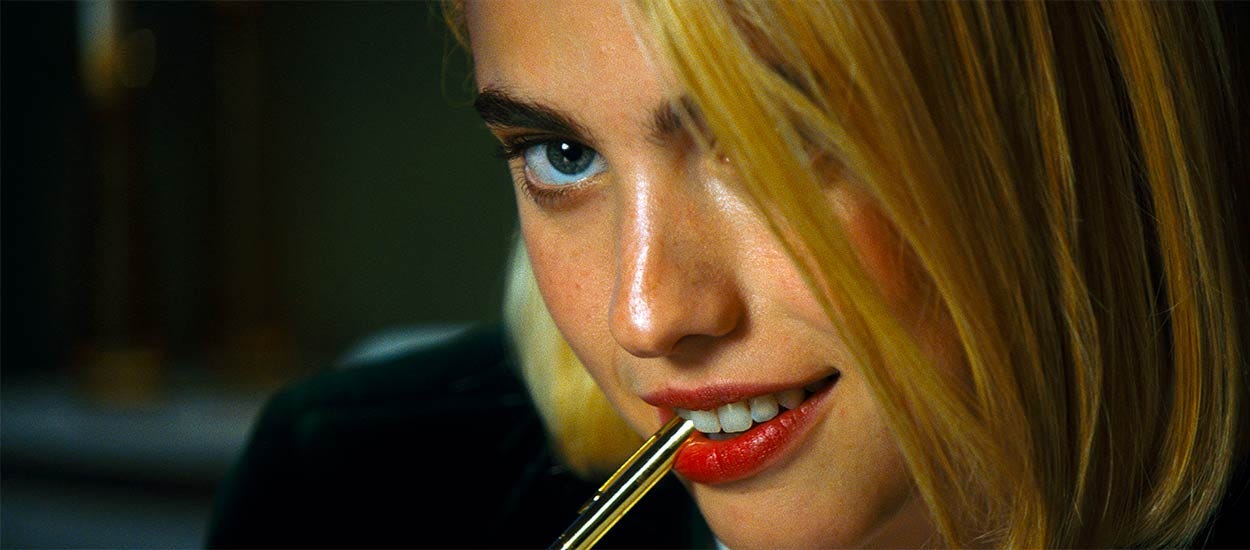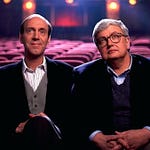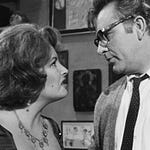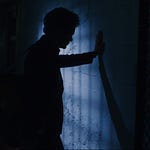Today’s show is an exploration into the role of sex in popular culture, especially since the turn of the century. What should the role of intimacy be in storytelling? Are sex scenes unnecessary, gratuitous, slowing down the plot? Are they the plot? Is that vulnerability and passion essential to bringing humanity onto our screens? There is a long history in Hollywood of debates on where exactly the line should be—if anywhere at all—from the scandal of Pandora’s Box in 1929 to the enforcement of the Hays Code in the 1930s, censoring most of the sexual content that came before.
Then came the postwar period, largely inspired by European movies like And God Created Woman or Belle de Jour, where the erotic, the sensual, and the trashy went mainstream in American cinema again. Ann Hornaday, chief film critic at The Washington Post writes that “The 1980s and early 1990s were a heyday of sex scenes that might have been hot and heavy but stayed within the parameters of bourgeois good taste: movies such as An Officer and Gentleman, Body Heat, 9 ½ Weeks, Fatal Attraction, and Basic Instinct were must-see films, not just because of their twisty plots but because of sex scenes that were frank and artfully staged.” But by the 2010s, even with hit shows on TV full of racy content like Game of Thrones, The Guardian reported that the amount of sexuality in movies had declined to the lowest point since the 1960s.
And in a UCLA study last fall, a majority of the surveyed 1500 adolescents from ages 10-24 said they wanted less romantic content in TV and movies. A near majority said sex is not necessary and that romance is over-used in entertainment. What should we make of this? Is this, as Doreen St. Felix has speculated, a result of the decline of the so-called mid-budget adult drama? Or what Naomi Fry calls “the very lucrative infantilization of the viewing public?” Where does this leave movies that go against the grain, such as Zachary Wigon’s recent psychosexual thriller Sanctuary?
We dig into all of this: first by speaking with Stephanie Rivas-Lara, one of the UCLA researchers about the study making so many headlines, followed by R. S. Benedict, whose essay “Everyone is Beautiful and No One is Horny” seeks to diagnose just what is going on with the characters who populate our content in the post 9/11 world. And Zachary Wigon discusses his new psychosexual thriller/romantic comedy, Sanctuary, and how it fits into a climate that is increasingly at odds with both genres.
Listen here or subscribe now on your favorite podcast app.
The Entertainment is a production of KIOS 91.5 FM Omaha Public Radio. It is produced and edited by Courtney Bierman. Our artwork is created by Topher Booth. Today’s show features music and clips from Basic Instinct 2, And God Created Woman, Punch Drunk Love, and Sanctuary.














8. sex, lies, and streaming